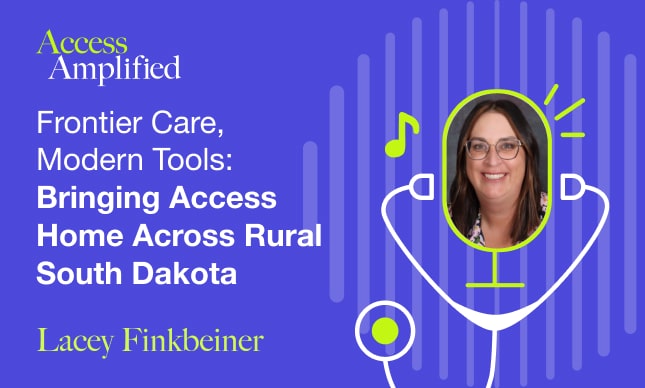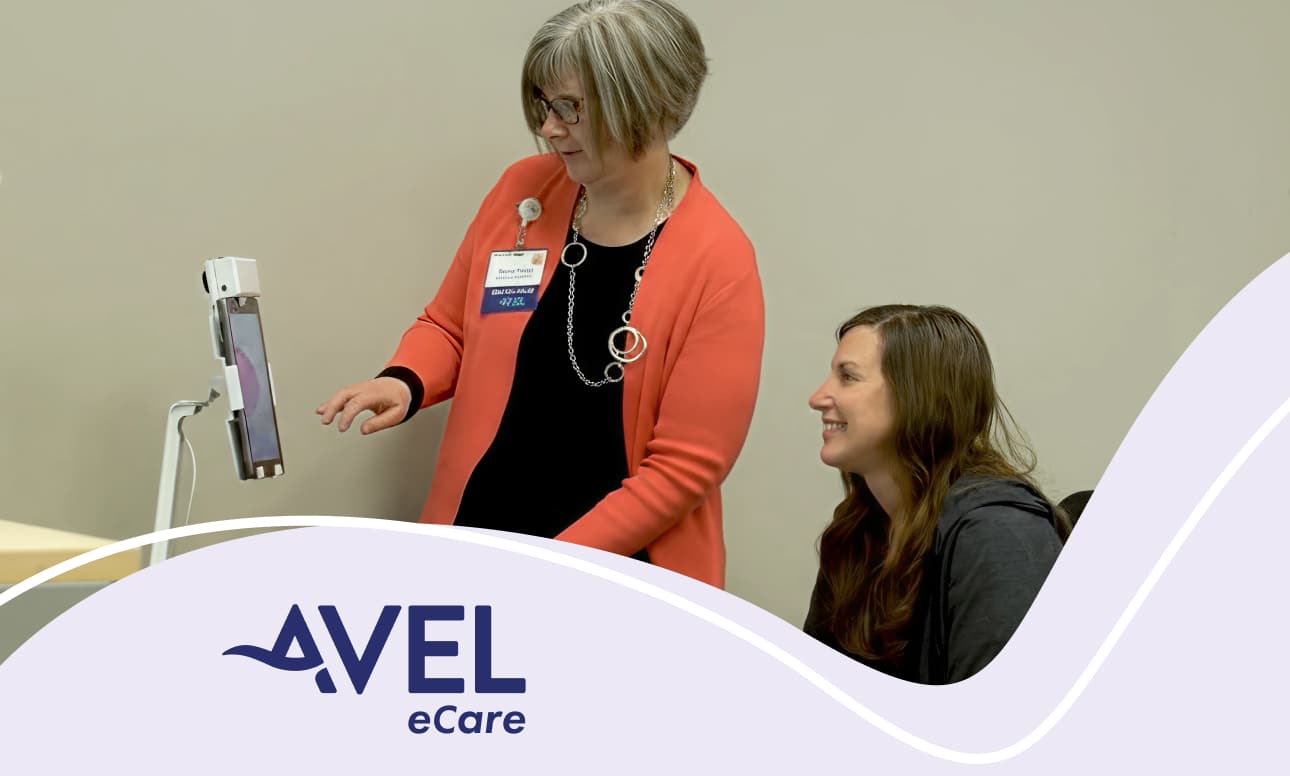Why engagement is key to the economic success of value-based programs

Value-based care is gaining traction across the healthcare industry. As more healthcare insurers and providers work towards launching value-based contracts, improving engagement with the relevant populations is an essential consideration to creating successful programs that have positive economic results.
Population engagement practices based on behavioral science have successfully impacted results for health insurers, MCOs, and providers across the US.
Alejandro Quiroga Chand, Senior Vice President and Chief Medical Officer Ambulatory and Population Health at Corewell Health West, Tam Ward, SVP, Insurance Business Operations at Oscar Health, and Dedi Gilad, TytoCare CEO and Co-founder, recently joined Hagai Heshes, Head of Product Marketing at TytoCare, for a live webinar with HLTH on leveraging engagement to drive the economic success of value-based programs. Click here to view the full webinar.
What does virtual have to do with value-based care?
Tam Ward shared that Oscar Health sees virtual care as a complementary element to regular care. The convenience of virtual care helps patients to engage more actively with their care, which, by natural extension, improves the value of the care they receive, leading to better health outcomes. Alejandro Quiroga Chand added that virtual care is an area that Corewell Health West are able to experiment with and add value by meeting their patients where they’re at, an area in which they are partnering with TytoCare to achieve. Dedi Gilad emphasized that, at its core, virtual care improves access to care and improves efficiency, which adds value to the patient experience.
Why engagement is important for value-based care
All the panelists agreed that engagement is a key factor in ensuring the success of value-based programs. Ward stated that “without the engagement, value-based care just doesn’t work… if we cannot influence the member by first having them engaged, we won’t see the desired outcome.”
Quiroga Chand noted that healthcare systems are often set up in a way that doesn’t enable engagement, which causes them to lose credibility in the eyes of patients. He suggested that to engage patients, healthcare systems should be asking what acts as a barrier to accessing the right care, and adjust accordingly.
Gilad pointed out that although virtual care can facilitate and support value-based care, alone it is not enough. Bringing trust and engagement from all stakeholders is key to shifting behaviors and ensuring that value-based programs are efficient and effective. This is the reason that TytoCare developed Tyto Engagement Labs™ – a proven holistic suite of user engagement services based on behavioral science methods and past experience, to enable partners to drive adoption among all stakeholders of the TytoCare Home Smart Clinic.
Driving economic success through engagement
Effective engagement can help drive economic success for value-based programs, resulting in cost savings for patients, providers, and payers. The panelists reflected on some of the engagement methods that have been most effective. Ward shared that they engage their members through Oscars’ apps in real-time. Through this method, they have seen a 13% reduction in emergency room visits. With ER visits costing up to 15 times more than urgent care or primary provider visits, this translates to a significant reduction in total cost of care.
Gilad shared that TytoCare has seen increased member retention by encouraging new members to conduct a welcome visit so that they can experience the value of the technology first-hand. He noted that 70% of members who completed a virtual visit with TytoCare would continue to use it later on. In addition, Gilad noted that the methods used in Tyto Engagement Labs™ also help to boost utilization rates among members. Because virtual visits have a significantly lower cost, this directly impacts the reduction of total cost of care.
Measuring the impact of engagement
Given that engagement plays a major role in the success of value-based programs, it is important to find ways to measure engagement. One way to get an indication of engagement is to look at NPS scores, which reflect customer satisfaction, and will naturally be higher if customers are more engaged. The panelists pointed to some key metrics that they use to measure engagement.
Quiroga Chand highlighted that “value-based care equals engagement,” which implies that the two need to be measured in the same way. He pinpointed total cost of care, site of care, and quality of delivery of care as simple metrics to measure, as well as identifying targeted measures within each metric to drill down further.
Ward shared that they create baseline measures such as number of PCP visits, and measure the change after an engagement activity has been carried out. This way, they are able to see if there has been a behavioral change through their engagement tactics and adjust accordingly.
Gilad pointed to a few metrics that TytoCare focuses on to measure engagement, including comparing traffic utilization and the shift from physical to digital interaction among members of our partners, and the number of visits completed that did not need any follow up face-to-face interaction later.
The discussion provided insight into the vital role that engagement plays in value-based care models, how it can optimize economic success, and some methods for driving and measuring engagement. Watch the full webinar.





